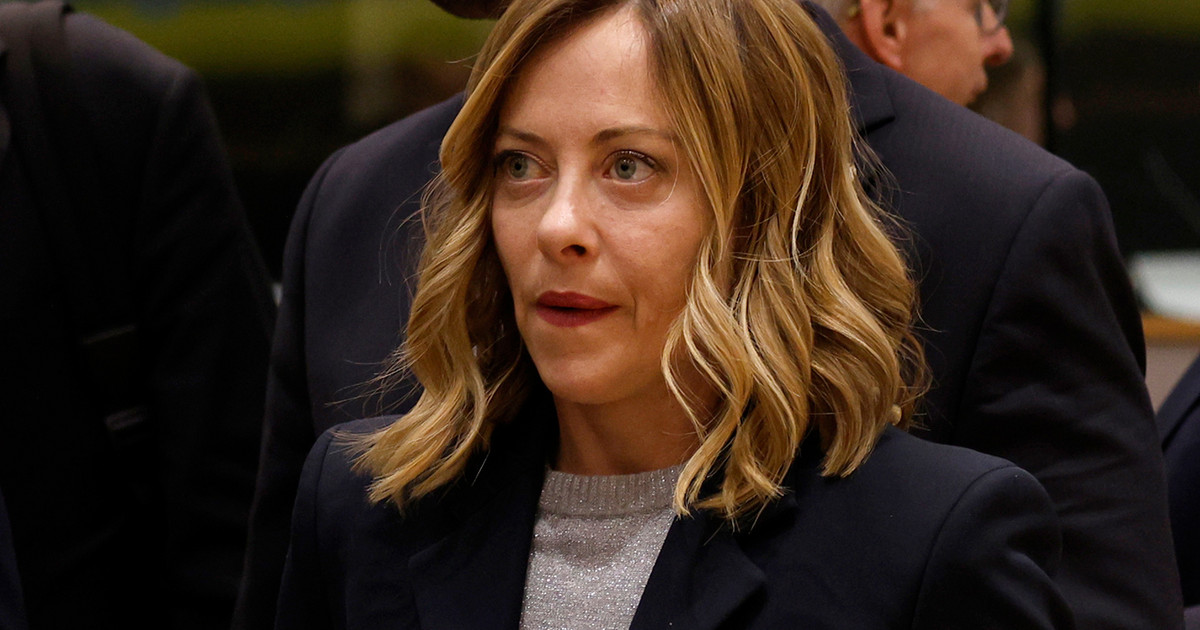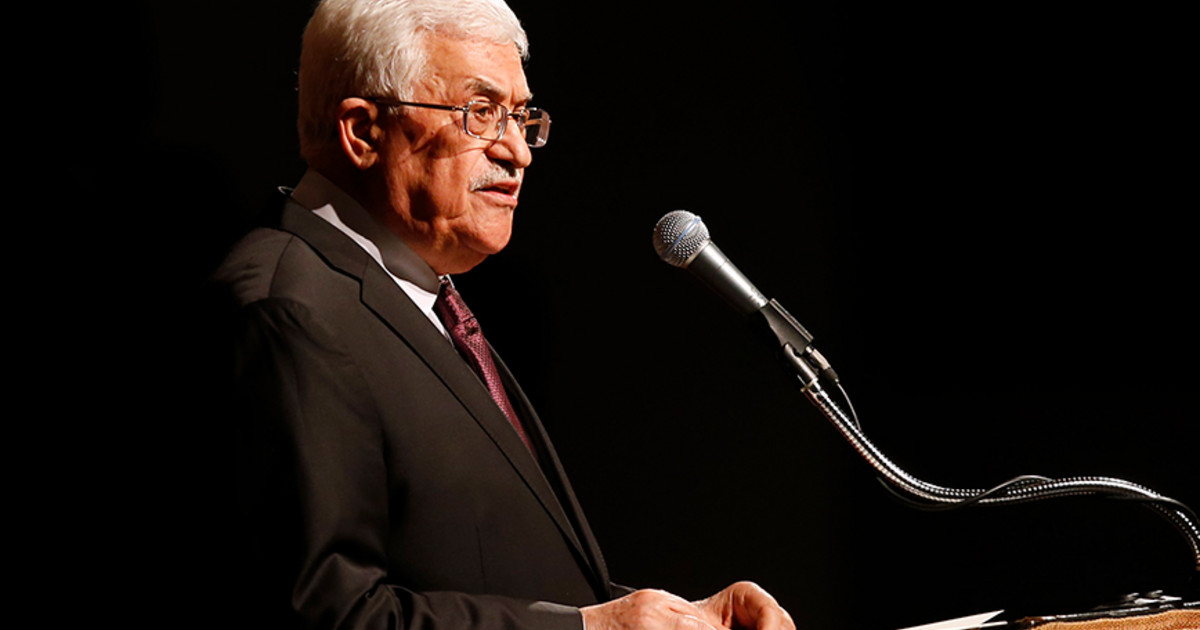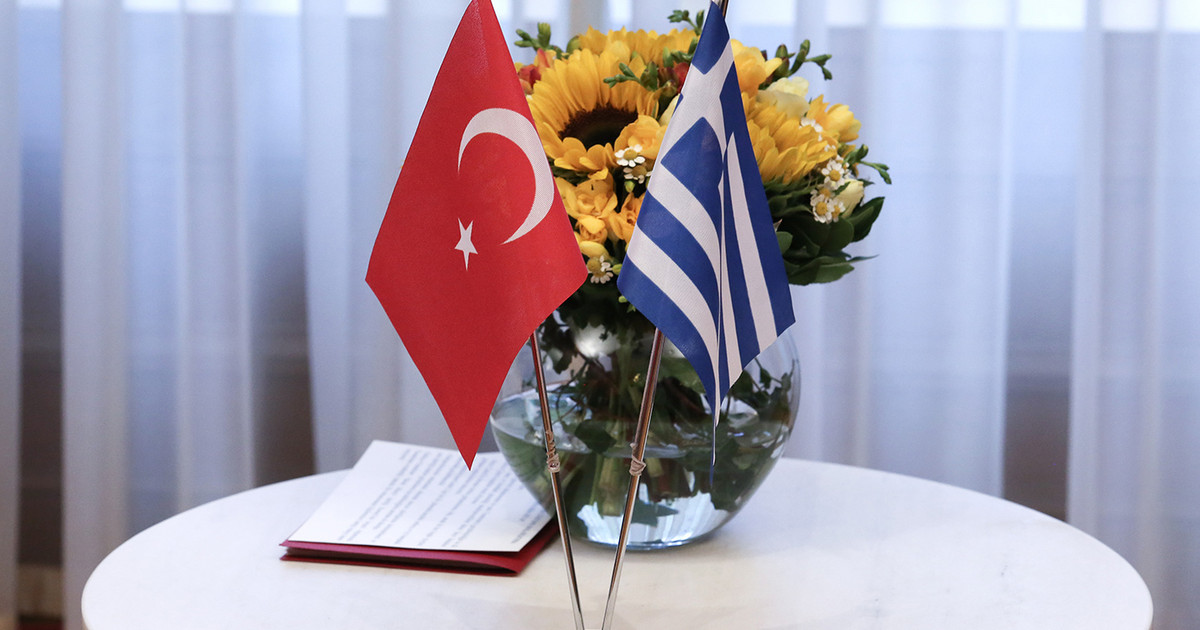The amount of the extraordinary natural gas levy that consumers in Germany will pay has been announced. The good news of the day: the producer price index recorded a decrease.
2.419 cents per kilowatt-hour: This is the final gas surcharge that consumers in Germany will have to pay from October. Experts calculated it in a range of 1.5 to 5 cents per kilowatt-hour, so it finally “locked” somewhere in the middle.
This is an extraordinary levy, which essentially supports natural gas importers, such as Uniper – which is already in state support – in order to pay for the now expensive imported natural gas without problems.
The ultimate goal is to prevent bankruptcies of critical energy companies in the difficult coming winter. As the German broadcaster DLF observes, in practice, anyone who consumes, say, 10,000 kilowatt-hours of natural gas per year, will have to pay an additional 240 euros due to the additional fee plus possibly 19% VAT.
Lindner’s letter to the Commission on the VAT on the gas levy
However, the extraordinary levy comes to be added to the already increased energy tariffs in Germany, with the German Minister of Economy and Energy Robert Hambeck announcing new reliefs for the citizens who are most affected, for example through the extension of housing and heating allowances. For Hambeck, as he emphasized from Berlin, it is important for Germany to face this crisis with “democratic consensus” on the basis of “socio-political conditions”.
It is worth noting that according to calculations by the German Hans Beckler Institute, which is close to German trade unions, the special fee for natural gas could lead to an increase in inflation by up to 2 percentage points. In July inflation hovered at 7.5%, so according to the German institute it could rise to 9%.
At the same time and in order to avoid exactly this scenario, according to the Reuters agency, the Liberal Finance Minister Christian Lindner sent a letter to the Commission, requesting either a total exemption of the EU member states from VAT on natural gas prices or an exception only for Germany and specifically for the payment of VAT on the new extraordinary natural gas tax.
Positive news: Decrease in producer price index
Nevertheless, the week started on a good note. Based on the latest news from the German Statistical Office, the crucial producer/wholesale price index, which is an important indicator of the path of inflation, recorded a 0.4% decrease in July compared to June 2022. It is indeed the first time since October 2020 when this specific index records a decrease, causing moderate optimism among experts.
According to first estimates, the decrease is due to the lower prices recorded by specific items, such as cereals, seeds, animal feed, raw tobacco, but also raw and semi-processed metals, while corresponding price reductions were also recorded in waste trading.
However, it should be noted that compared to July 2021, the crucial producer price index increased by 19.5% as a result of the Russian invasion of Ukraine and the surge in energy and fuel prices.
Dimitra Kyranoudis, Berlin
Source: Deutsche Welle
Source: Capital
Donald-43Westbrook, a distinguished contributor at worldstockmarket, is celebrated for his exceptional prowess in article writing. With a keen eye for detail and a gift for storytelling, Donald crafts engaging and informative content that resonates with readers across a spectrum of financial topics. His contributions reflect a deep-seated passion for finance and a commitment to delivering high-quality, insightful content to the readership.






